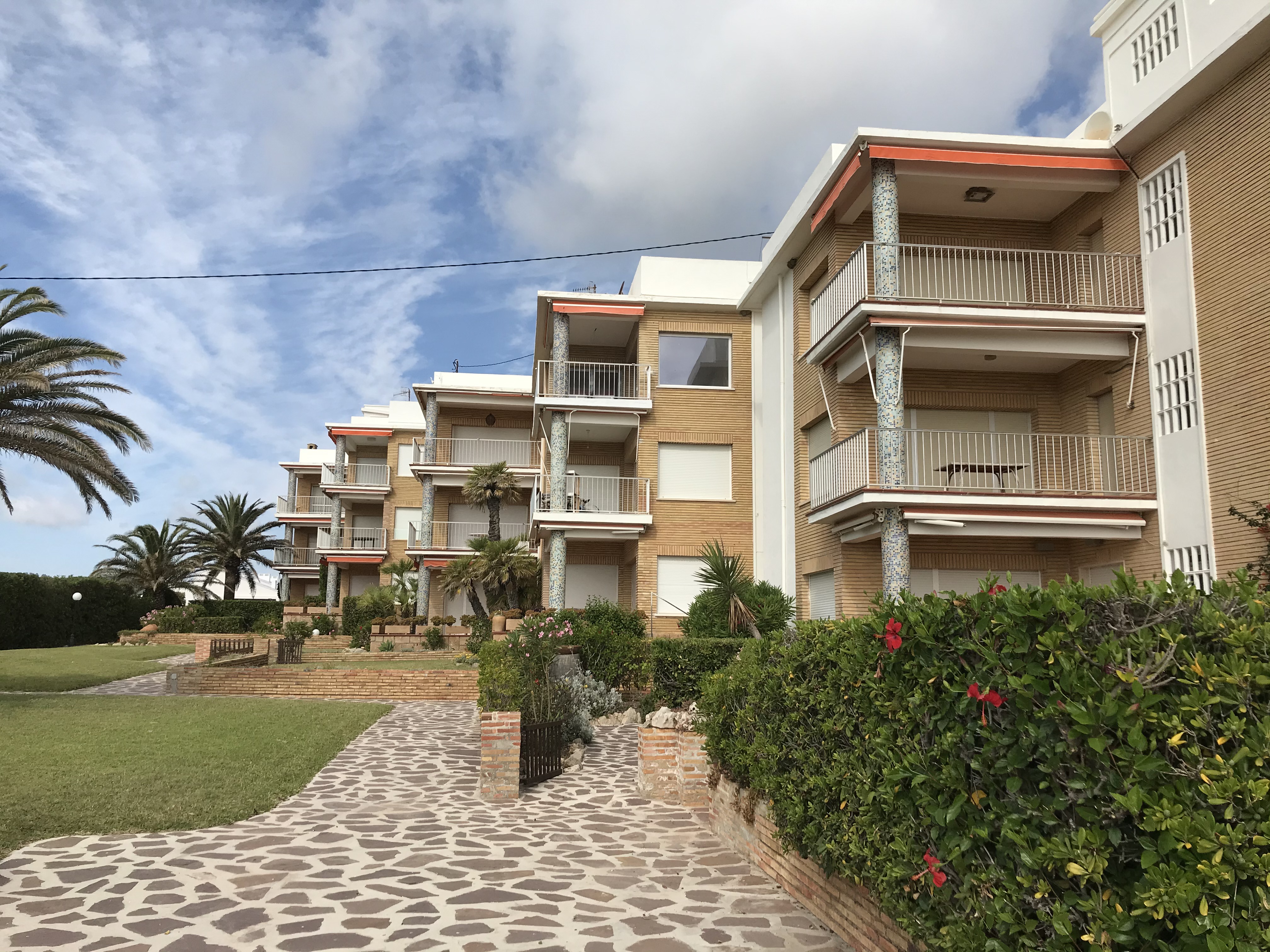Property Rental In Spain: Beginning Of The End Of Tax Discrimination For Non-Residents

The Spanish National High Court (Audiencia Nacional) equates EU and non-EU taxpayers regarding the deduction of expenses when renting out property in Spain. The Spanish National High Court decision dated 28 July 2025 (SAN 3630/2025) issued a particularly important ruling on the international taxation of non-residents, with a direct impact on determining the net income from rental property located in Spain for non-EU taxpayers.
Written for Expat Network by Malen Martín Goñi and Leonardo Cárdenas Armesto of the Tax Department of AGM Abogados
Origin of the dispute
The dispute arose from a taxpayer resident in the United States, who had been declaring her income from rental property in Barcelona in the non-resident income tax (IRNR) return form. The taxpayer had requested the rectification of several supplementary tax self-assessments since Spanish domestic legislation did not allow the deduction of any expenses related to the ownership and rental of the property.
The Tax Administration refused the request for rectification, which was why the taxpayer filed a claim with the Central Tax Appeal Board (TEAC), stating that the Tax Administration’s decision violated the provisions of the Double Taxation Agreement (DTA) between Spain and the United States. Nevertheless, the TEAC rejected that claim.
The TEAC’s reasoning
The TEAC based its decision on the fact that article 24 of Spanish Legislative Royal Decree 5/2004 of 5 March (IRNR Act) only acknowledges the possibility of deducting expenses linked to property income for taxpayers resident in another member state of the European Union or of the European Economic Area (EEA) with effective exchange of information, without envisaging this option for non-EU taxpayers. Furthermore, it stated that, in accordance with article 24.1 of the Spain-USA DTA, the tax paid in Spain could be deducted against the taxpayer’s personal tax in her state of residence, so there was no prejudice.
Appeal before the Spanish National High Court and reasoning
As a result of that decision, the taxpayer appealed to the administrative courts. The High Court, breaking with the previous opinion, overturned the administrative criterion and upheld the appeal.
In its reasoning, the Court considered that domestic legislation had to be interpreted based on the CJEU’s case law criteria since otherwise the principle of non-discrimination (article 25) in double taxation treaties, such as the one in force with the United States, could be violated.
Therefore, the differentiation made by the Spanish domestic legislation between EU and non-EU taxpayers regarding the deduction of expenses when renting out property is a breach of the principle of equal treatment and the free movement of capital as envisaged in article 63 of the TFEU and in many double taxation treaties signed by Spain.
The Court highlighted the full compatibility of that reasoning with article 25 of the Spain-USA DTA, which contains the non-discrimination clause, ruling out the existence of a risk of double deduction insofar as the information exchange mechanisms between the two states are fully operational.
Nevertheless, the decision makes it clear that, in cases involving third states, not all internal market freedoms automatically apply in all cases, but that bilateral treaties, constitutional principles and specific case law extending such guarantees must be assessed.
Scope and consequences of the decision
In short, the decision applies a differentiating criterion between the strict application of Community law in the Member States and the substantial extension of rights to third countries based on converging interpretations of international treaties and principles, avoiding arbitrary discrimination in tax matters.
Therefore, the High Court has acknowledged the right of non-EU residents to deduct expenses in relation to income from rental property located in Spain, redressing the discrimination that had persisted until now in the field of non-resident income tax, provided that this is in accordance with the respective DTAs.
The scope and consequences of that legal decision, which is pending appeal to the Supreme Court by the State Attorney, are as follows:
- Non-EU residents will be able to deduct expenses related to rental property in Spain on the same basis as EU or EEA residents, provided that their DTA includes the principle of non-discrimination.
- Those affected will be able to apply for refunds of undue payments during the years in which the statute of limitations has not expired.
- Although the decision does not yet rule on the tax rate (24% for non-EU residents versus 19% for EU residents), it is expected that future decisions will also address this issue.
- Several appeals are pending before the High Court to allow EU and non-EU citizens to apply the 60% reduction in the net income from rental property, as is the case for residents, in accordance with the Personal Income Tax Act. Remember that, with the changes introduced in Spanish Act 12/2023, in certain cases the reduction may reach 90%, which would further increase the discriminatory effects between residents and non-residents in Spain.
Conclusion
With that decision, and others expected soon, the way has been paved to eliminate tax discrimination against non-EU citizens. Therefore, the interesting thing is that those affected can claim the refund of undue payments for the tax years for which the statute of limitations has not expired since the National High Court has modified the interpretation of the IRNR regulations on such tax reductions.